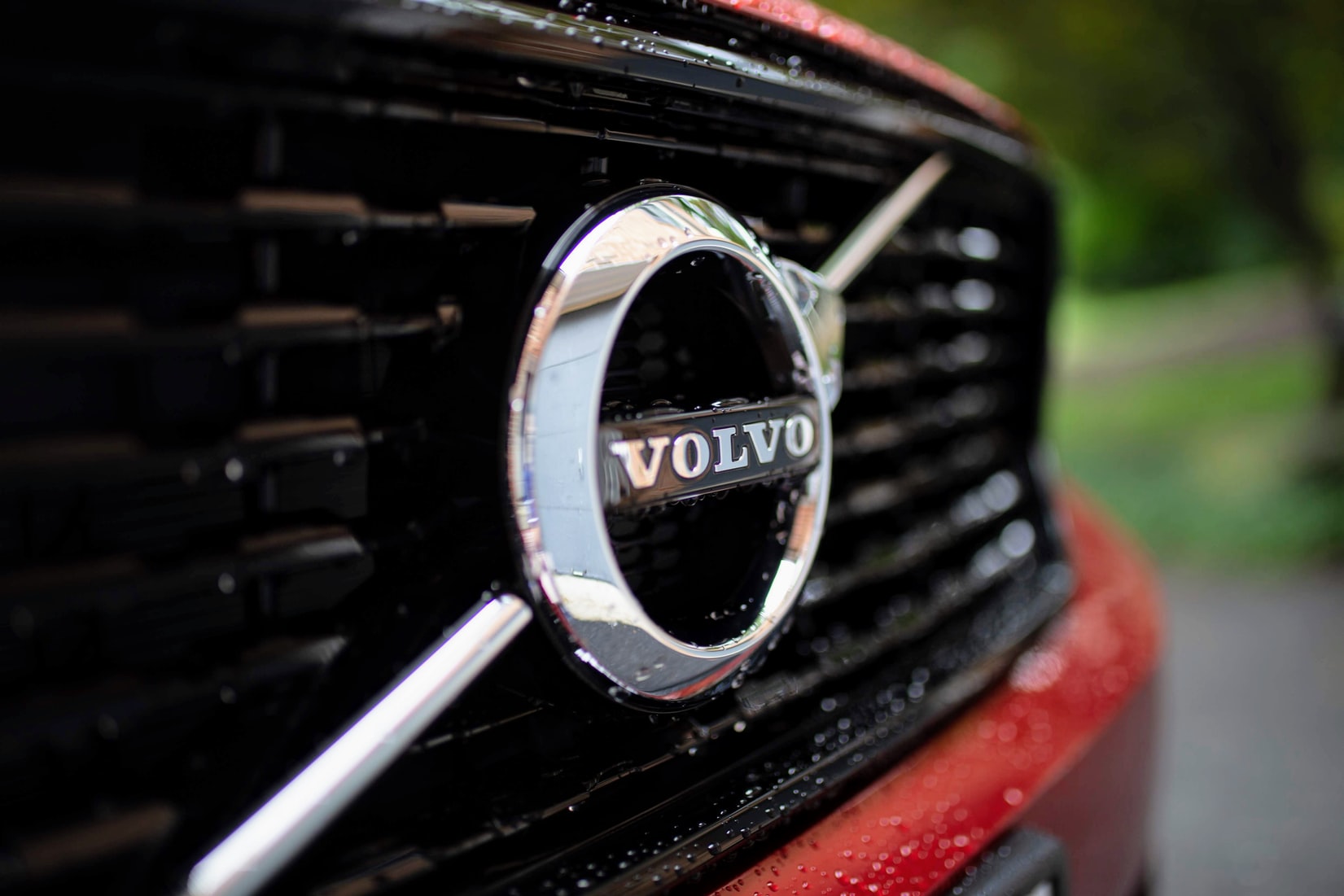Volvo plans to merge the engine business with Geely.
Editor’s note: This article is from “Future Car Daily” (WeChat public ID: auto-time), author: NIU Xiao Tong.

Author | Niu Xiaotong
Edit | Liang Chen
Volvo, which once claimed to “end the internal combustion engine,” has a new move.
On October 7, Geely and Volvo jointly released claim, both parties are discussing The possibility of combining its engine business.” According to Volvo official introduction, the engine business of both parties will be merged into an independent business segment and become “Developing a new generation of global suppliers of next-generation engines and hybrid systems”.
This means that the new independent department can not only provide power systems for Geely’s entire line of auto brands including Volvo, Lectra, Proton, etc., but also as a third-party supplier for other automakers.
Rebreak technical barriers
In 2010, Geely acquired Volvo in full, but the two parties initially remained independent at the technical level, and Volvo’s technology was not shared with Geely. It was not until March 2012 that the two parties reached a technology transfer agreement for the first time. Volvo transferred three technologies to Geely, including a medium-sized automobile manufacturing platform, an in-car air quality control system and a safety field technology. Based on the development platform supported by Volvo, Geely built the first B-Class Gillibury in 2015.
Afterwards, Geely and Volvo have more tentative cooperation attempts at the technical level. In 2013, Geely and Volvo jointly established the China-Europe Automotive Technology R&D Center (CEVT), where the RMA R&D architecture platforms such as CMA, BMA, DMA and PMA were born.
In 2017, Geely and Volvo set up a joint venture company, Lectra, controlled by Geely Automobile, Volvo Car, Geely